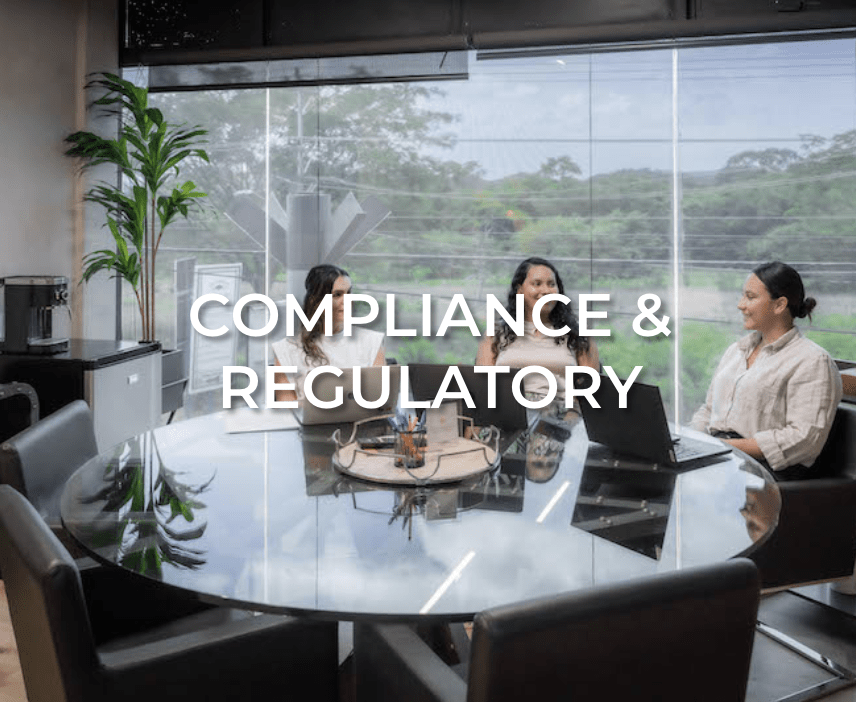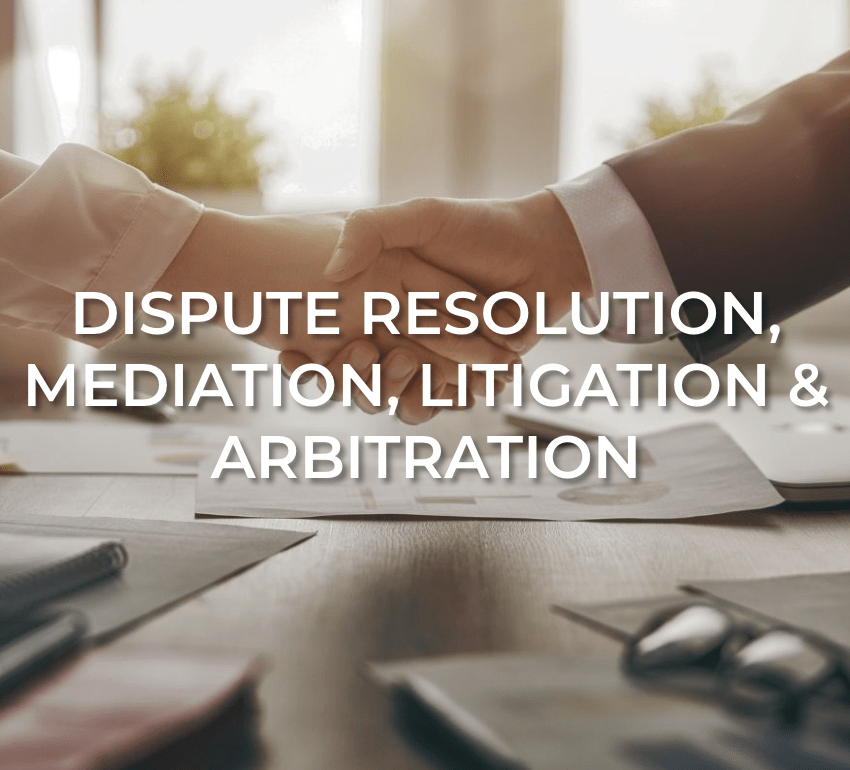

Disciplinary Power and Its Proper Use
by Quatro Legal Labor & Employment Team | Nov. 12, 2024 | Article, Labor & Employment

Disciplinary power can be understood as the authority of the employer to sanction an offense. It must be exercised responsibly towards the company to avoid unjustified actions, as well as towards the employee, who should only be sanctioned when there is reasonable certainty about the offense committed and its severity.
Offenses That Can Be Disciplined
Which offenses can be disciplined? In our country, there is a broad array of public order regulations that are mandatory. For labor matters, the Labor Code is the primary law, outlining a series of obligations and prohibitions that every worker must follow.
Nevertheless, each company may develop its own internal regulations as long as they do not contravene local laws and are communicated to staff in a timely manner. As the saying goes, “forewarned is forearmed.”

Three Key Principles of Responsible Disciplinary Power
Beyond establishing and understanding the legal framework, there are three essential principles for using disciplinary power responsibly and appropriately:
1. Timeliness:
Disciplinary power must be exercised within a specific timeframe of 30 days. This period may begin from when the offense is committed, when it becomes known, or from the end of an internal investigation if one is conducted.
2. Causal link:
It is essential for the employer to link the employee to the alleged offense. This includes the duty to identify the person responsible.
3. Proportionality:
The sanction applied must correspond to the offense committed. The same sanction should not be applied for a tardy arrival as for embezzlement involving millions.
Types of Sanctions That May Be Applied
What sanctions could be applied? Sanctions may range from a verbal warning to dismissal without employer liability, depending on the severity and/or recurrence of the offense.
It is advisable to review these three principles before applying any disciplinary action to ensure they are met in the specific case. Gather as much evidence as possible to support your actions, such as witness statements, documents, photographs, videos, etc.
If the employee to be terminated is covered by special protective status, remember that the dismissal must follow a special procedure through the Ministry of Labor. Failing to follow this procedure invalidates the dismissal and could lead to significant issues.
Remember to act with caution and responsibility.
Marcela Acosta V.
Quatro Legal
Founding Partner
mav@quatro.legal
Disclaimer: The information provided in this blog post is for general informational purposes only and is not intended to constitute legal advice. While we strive to ensure the accuracy and timeliness of the content, laws and regulations are subject to change. For the most accurate and up-to-date information, please contact our office directly. Some images may be AI generated.
Get To Know Quatro Legal

We’re bringing empathy and excellence back to legal counseling. Quatro Legal is built on a bedrock of kindness, a passion for service, and a commitment to guiding you through your legal challenges with ease.
OUR SERVICES
EXPLORE BY
category
REAL
ESTATE
CORPORATE
COSTA RICA
LIFESTYLE
LABOR & EMPLOYMENT
CLIENT
TESTIMONIALS
FREE TRADE
REGIME











